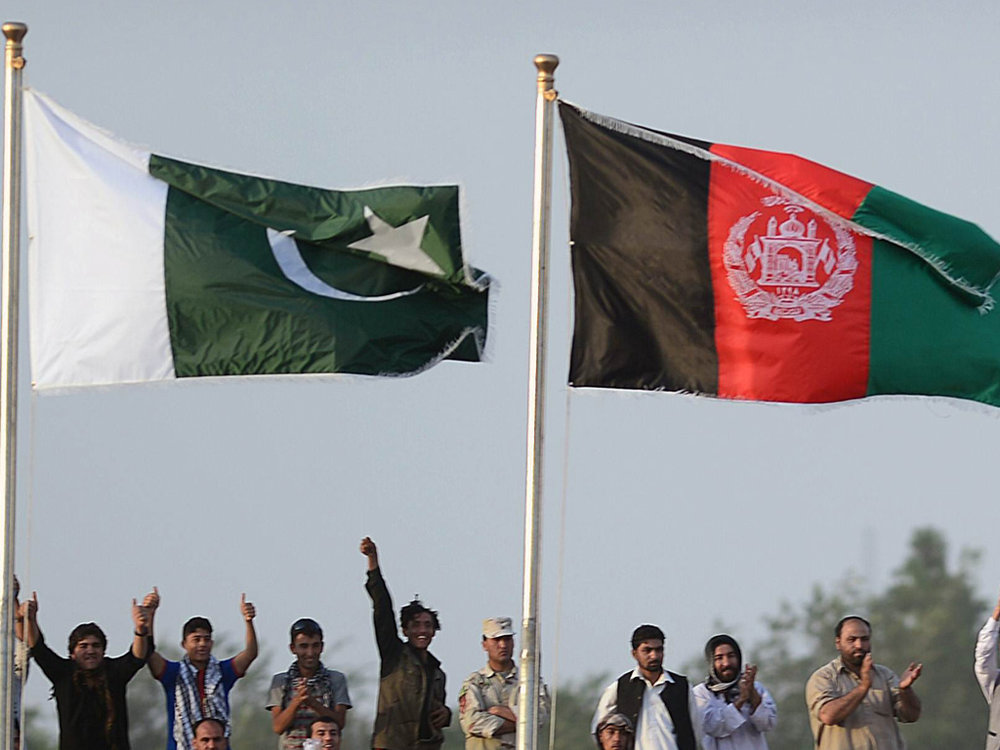
by Sudhanshu Roy 17 September 2023
In recent times, the Tehrik-i-Taliban Pakistan (TTP) has garnered attention for its propaganda efforts aimed at discrediting Pakistan and its law enforcement agencies (LEAs). The TTP’s propaganda seeks to portray Pakistan as incapable of eliminating TTP hideouts and strongholds. While this tactic is not new, it is crucial to delve deeper into the motivations behind these actions and the often-overlooked ground realities. The TTP’s propaganda serves multiple strategic purposes. Firstly, it aligns with the narrative of the Afghan government (IAG), which aims to relieve international pressure. By shifting attention to Pakistan’s alleged inability to tackle the TTP, the goal may be to divert focus from persistent issues within Afghanistan. One central message in the TTP’s propaganda is to present Pakistan, rather than Afghanistan, as the primary problem.
Contrary to TTP’s claims, the situation on the ground presents a different picture. After facing military operations in Pakistan in 2008, the TTP relocated to Afghanistan. They collaborated with the Afghan Taliban against U.S. and NATO forces and established operational bases there. The existence of these bases is well-documented, as evidenced by a UN Security Council report dated August 23, 2023. Post-2021, the TTP’s boldness has surged following the U.S. withdrawal and the Taliban’s takeover of Afghanistan. Several TTP leaders met their demise in Afghanistan, a fact even acknowledged by TTP leaders themselves. The group’s current commander, Noor Wali Mehsood, has been conducting interviews with media outlets from Afghanistan. Cross-border attacks, incidents of cutting border fences, and links with Al-Qaeda, as highlighted in the UNSC report from August 2023, further underscore the TTP’s presence in Afghanistan.
In the face of such propaganda efforts, Pakistan maintains its unwavering commitment to counterterrorism. Pakistan’s armed forces and LEAs, supported by its people, are determined to eliminate the TTP threat. The establishment of the “Writ of the State” in formerly non-administered tribal areas, achieved through immense sacrifices, demonstrates Pakistan’s dedication to peace and stability. Pakistan emphatically declares that there are no “No Go Areas” within its borders. The state and its LEAs have successfully established governance apparatus even in the Tribal Districts, leaving no space for terrorist organizations to thrive. Pakistan’s resolve against terrorism remains unshaken, and it will not tolerate terrorism within its borders. It is crucial to recognize that the TTP has become a liability for the Afghan government, not an asset. This extremist group poses a threat not only to Pakistan but also to Afghanistan and the international community at large. The acknowledgment of the TTP’s presence in Afghanistan by the British High Commissioner for Pakistan, Jane Marriott, further underscores the gravity of the situation.
As Pakistan seeks clarification from the Afghan government regarding the British envoy’s remarks on the TTP’s presence in Afghanistan, it is imperative for the Afghan government to take decisive action against these terrorist threats. The Afghan government must realize that the TTP and other terrorist organizations are a common enemy, and their presence in Afghanistan only hinders the government’s efforts for recognition and stability. While propaganda may attempt to distort the reality of the situation, it is essential to rely on facts and international reports to understand the dynamics of the region fully. Pakistan remains steadfast in its commitment to eradicating terrorism, and cooperation between Pakistan and Afghanistan is crucial to address the common enemy that threatens both nations and global peace.
Additionally, the international community must recognize that terrorism is a global issue that transcends borders. A coordinated effort is required to root out terrorist organizations and dismantle their networks. The presence of groups like the TTP in Afghanistan underscores the need for a comprehensive and collaborative approach to counterterrorism.
In conclusion, the challenges posed by extremist groups like TTP require a multifaceted and cooperative response. Pakistan remains committed to eradicating terrorism within its borders and seeks constructive engagement with its neighbors and the international community to address this shared threat effectively. The path to lasting peace and stability in the region lies in unity, cooperation, and a resolute commitment to combating terrorism in all its forms. Addressing the complex Pakistan-TTP-TTA triangle is not just a regional concern but a global imperative for peace and security.
